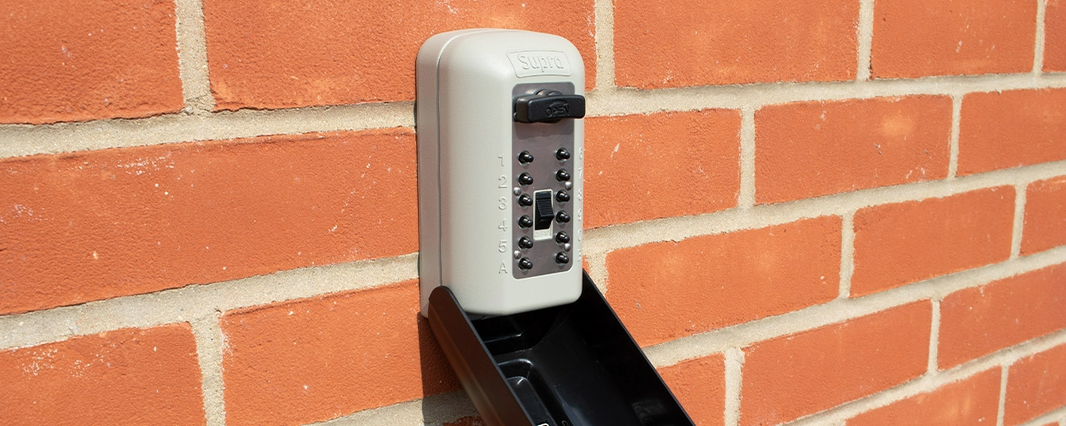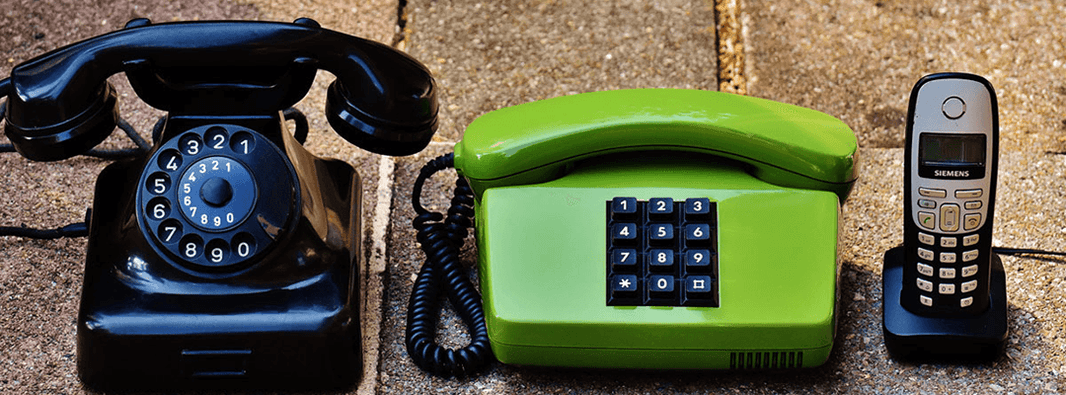Around 77% of homes in the UK are fitted with a working landline phone. Chances are, you are one of them. However, the UK’s phonelines are set to undergo a major change which will affect everyone – including personal alarm users.
If you weren’t aware that this was happening, there’s no reason to worry. We have put together this short guide to the changes being made to the nation’s phonelines, including how it will affect your personal alarm.
How are Phonelines Changing?
Back in 2016, the telecoms industry – which includes companies such as BT, OpenReach, and Virgin Media – announced that the existing telecoms infrastructure was no longer fit for purpose.
This shouldn’t be surprising. After all, the existing network of phonelines uses copper wires, which have been handling millions of phone calls for decades. This network, known as the Public Switched Telephone Network (PSTN) is being phased out, and will no longer be supported as of 2025.
The new system will instead use digital technology. Voice over Internet Protocol (VoIP) uses your broadband connection to connect calls. After 2027, all households will need a broadband connection to make and receive phone calls.
Why are Phonelines Changing?
The current equipment used for transmitting calls was installed in the 1980s. This copper system is becoming increasingly difficult – and expensive – to maintain. By investing in new technologies, telecoms providers say it is time for a new system if our phonelines are to continue working into the future.
When Will My Phoneline be Changed?
The process of switching to VoIP has already started, with some areas already upgraded. If your area is amongst these, you will have received a letter from your phone provider telling you what to do. Fortunately, BT have released a list explaining which regions will be upgraded and when.
Areas that have been upgraded are the East Midlands, Yorkshire and the Humber, Northern Ireland, the North West, and London.
In Spring 2024, upgrades will affect the West Midlands, the South East, Wales, and East Anglia.
Summer 2024 will see the North East, South West, and Scotland upgraded to the new system. Some BT customers may be upgraded earlier.
How Does This Affect My Personal Alarm?
Depending on the type of personal alarm you have, the switch to VoIP may or may not change how your personal alarm works. Personal alarms that are plugged into a phoneline – known as analogue alarms – will be affected.
How are Analogue Alarms Affected?
Analogue alarms require a working phoneline to send alerts to our Response Team. If you have a landline phone, it is plugged into your alarm.
However, the change to VoIP means that existing phonelines will require broadband to function. Instead of being plugged directly into your phone socket, your phone will instead need to be plugged into your broadband router. For some older phones, you may need an adaptor.
You can get around this by upgrading to a digital alarm.
What is a Digital Alarm?
Unlike analogue alarms, digital alarms do not require a working phoneline to send calls. Instead, they use a SIM card like the ones found in mobile phones. This SIM is not locked to one service provider, instead connecting to the strongest signal in your area.
This allows it to send an alert even if your power is out. At Careline365, we provide two digital options: the SmartLife and the GPS Alarm.
The SmartLife is our at-home alarm, providing our fastest connections speeds – 5 seconds, on average. It also contains a backup battery, keeping you connected if there’s a power cut. Setup is simple, requiring only a mains power connection, meaning you can install it wherever in the house you need it most. The pendant comes with up to seven years of battery, and we replace the pendant free of charge when the battery runs low.
The GPS Alarm is perfect for those looking for reassurance on the go, with the GPS feature making it easy to receive help wherever you are. With up to two months of charge, depending on use, you won’t need to worry about charging every day – in fact, we recommend charging your GPS Alarm on the same day each week.
Both alarms are also compatible with fall detection. This sends an automatic alert if it senses that you have experienced a heavy fall.
To find out more about our digital alarms, you can view our products or call on 0800 030 8777.
What If I Don’t Have Broadband?
All phone providers have a duty to keep you connected during and after the switch to VoIP. If you do not currently have broadband, but want to continue using your landline phone, your provider must supply this to you.
As internet speeds will not affect your phoneline, you will likely be offered their cheapest package, which will also include your phone.
When your area is due to be upgraded, you will be contacted by your provider. If you have any concerns, such as not having existing broadband, you should call them for more information. Letting them know you have a personal alarm will also mean they can better support you with the transition.
The Benefits of VoIP
There are several positives to this switchover. One of the most notable benefits is that digital calls will be much cheaper, especially over long distances. Landline calls to the USA that use PSTN can cost around 55p per minute. Over VoIP, the cost can drop to 1p per minute.
Furthermore, with VoIP, calls connect far quicker. As well as supporting you in day-to-day calls, this can improve the connection speed of emergency calls over your personal alarm. Rather than waiting for dial tones, connection could be instant.
You may worry that a change of this scale will involve the laying of new lines – which would mean noisy roadworks all over the place. Fortunately, this is not the case. Instead, the system can be upgraded with the flick of a switch.









